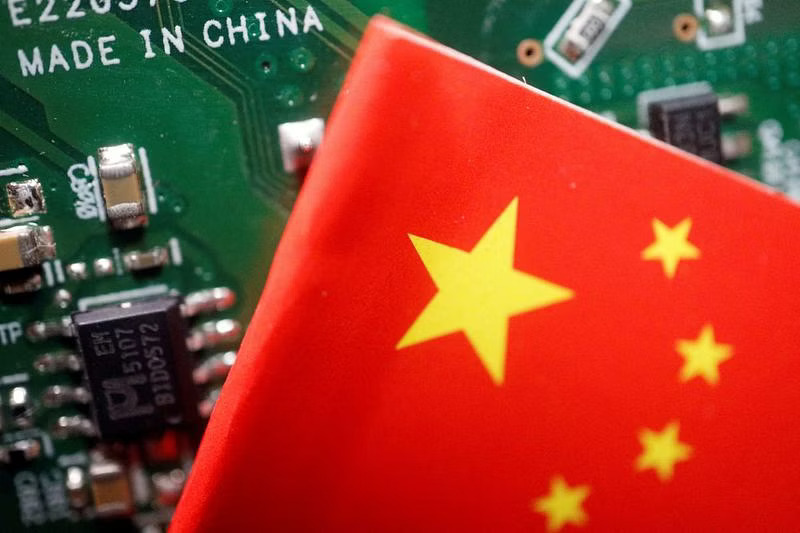China is stepping up efforts to cultivate domestic semiconductor ability as it attempts to quickly fill a skills gap that has been exacerbated by American efforts to restrict Beijing’s access to cutting-edge chip technology.
Thanks to increased funding for prestigious universities and a boom in smaller, private schools with an emphasis on shorter-term education, enrollment in undergraduate and graduate programs has increased over the past five years.

While entry-level salaries have doubled, certain graduates with degrees in other fields are being drawn into the expanding sector. A white paper estimates that China will be short 200,000 industry employees this year.
Also Read: Why are OPPO and OnePlus exiting the UK and Europe markets?
Closing this gap is becoming even more crucial since the U.S. wants to cut China out of global supply chains due to concerns that any advanced chips it produces will ultimately be used by China’s military.
Liu Zhongfan, a member of the Chinese Academy of Sciences, told local media earlier this month that China needs to prioritize developing talent even over finding quick fixes to its supply-chain problems.
Students and experts, however, told Reuters that more modern schools in Taiwan and the US give more practical industry experience than China’s emerging chip curricula. According to a poll conducted in 2022 by the Chinese research company ICWise, more than 60% of students majoring in chip engineering in China graduate without having held a relevant internship.
Professors at Chinese colleges are frequently rewarded for writing papers rather than imparting cutting-edge techniques that are helpful in a company lab or chip manufacturing facility.
Taiwan Semiconductor Manufacturing Co. (TSMC), a leading chip manufacturer, has set up research facilities at four universities in Taiwan. In China, there have been some moves in this direction. Semiconductor Manufacturing International Corp (SMIC), its largest chip foundry, announced in 2021 the establishment of a School of Integrated Circuits at Shenzhen Technology University.
According to Hu Yunwang, founder of a Shanghai-based employment agency for chips, the average yearly salary for an entry-level engineer in the industry has increased since 2018, from approximately 200,000 yuan ($28,722.43) to 400,000 yuan, underscoring the supply-demand imbalance.
Also Read: Accenture to Cut 19000 Jobs as IT Spending Slows
With chip engineering training programs that claim to offer a fast track and primarily target graduates who specialized in a topic tangentially associated with chip engineering, several private schools have popped up to provide a temporary answer.
A former engineer from Arm Ltd. founded EeeKnow in Shanghai in 2015, offering in-person courses on topics like “Cortex-M3 MCU front-end design and verification in 60 days,” costing between 2,000 and 4,000 yuan.

I am a law graduate from NLU Lucknow. I have a flair for creative writing and hence in my free time work as a freelance content writer.